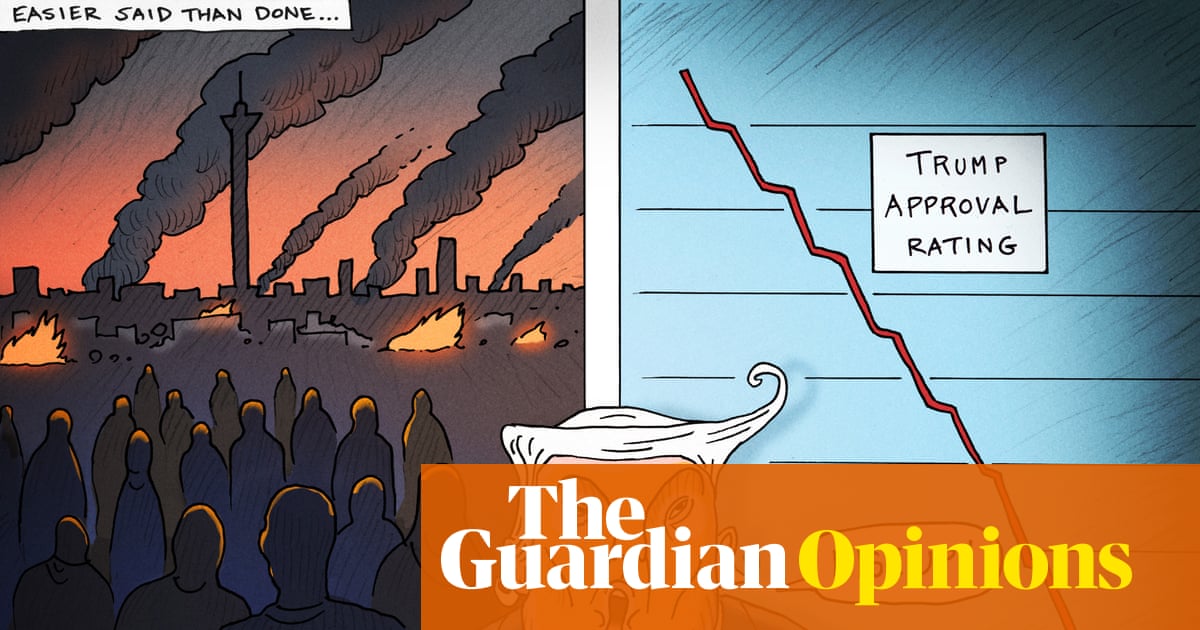It was one of those votes where the majority was always going to be huge. AstraZeneca’s proposal to list its shares directly on the New York Stock Exchange while retaining the quotes in London and Stockholm disadvantages nobody on the shareholder register.
US investors get the chance to own AstraZeneca in full-fat form, rather than via American depositary receipts (a wrapper provided by a handful of banks), a rejig that should widen the pool of potential investors and help the company with any future big deals in the US. Meanwhile, the pharma giant keeps its presence in the FTSE 100 index, upsetting no shareholders on the home front. “A global listing for global investors in a global company,” as Pascal Soriot, the chief executive called it. Sure enough, the proposal sailed through on Monday with 99% in favour.
But one non-shareholding party will suffer from this setup. It is HM Treasury, which will be out of pocket to the tune of about £200m a year from lost stamp duty on transactions in London. Buyers of AstraZeneca shares in the UK, you see, will be getting a depositary interest in the company in future. It will carry the same voting and ownership rights as before but, critically, stamp duty does not apply to such instruments.
The arrangement drives a coach and horses through the UK’s stamp duty regime. It would only take a few other Footsie big beasts to copy the structure for the government’s £3bn-ish annual receipts from stamp duty on shares to collapse.
What should Rachel Reeves, the chancellor, do? Step one should be to recognise that the tax is doomed in its current form. Stamp duty reserve tax, to give its full name, is the 0.5% levy on purchases of shares in UK companies and virtually no other country sets the rate so high. The US, China and Germany don’t impose any equivalent tax at all – and only Ireland, at 1%, has a higher rate. Worse, it is only a subset of investors who pay it – UK retail investors and UK pension funds – because everybody else has practical workarounds already. As an advert for popular share ownership, or just the competitiveness of the London market, stamp duty has become a very obvious own-goal, as argued here regularly.
In step two, Reeves should make a virtue of the necessity of cutting the tax. The endless months of pre-budget speculation have brought the strong suggestion that the chancellor is considering capping annual cash ISA contributions in the hope of encouraging a few cash-obsessives into shares. If that is the stick, then the carrot ought to be overdue reform of the costs of transacting in UK shares.
after newsletter promotion
Outright abolition would be best. If that is deemed politically impossible in a tax-raising budget, at least chop the rate in half, which could encourage more trading. Suggested alternatives, such as granting a three-year stamp duty holiday to new listings on the London market, are too fiddly and too minor to make a difference. The timing is rotten for the chancellor, but the blunt truth is that the UK’s most valuable company has demonstrated the multiple flaws in the stamp duty regime for all the world to see. Time to recognise reality before the receipts leak away anyway.

.png) 3 months ago
106
3 months ago
106

















































